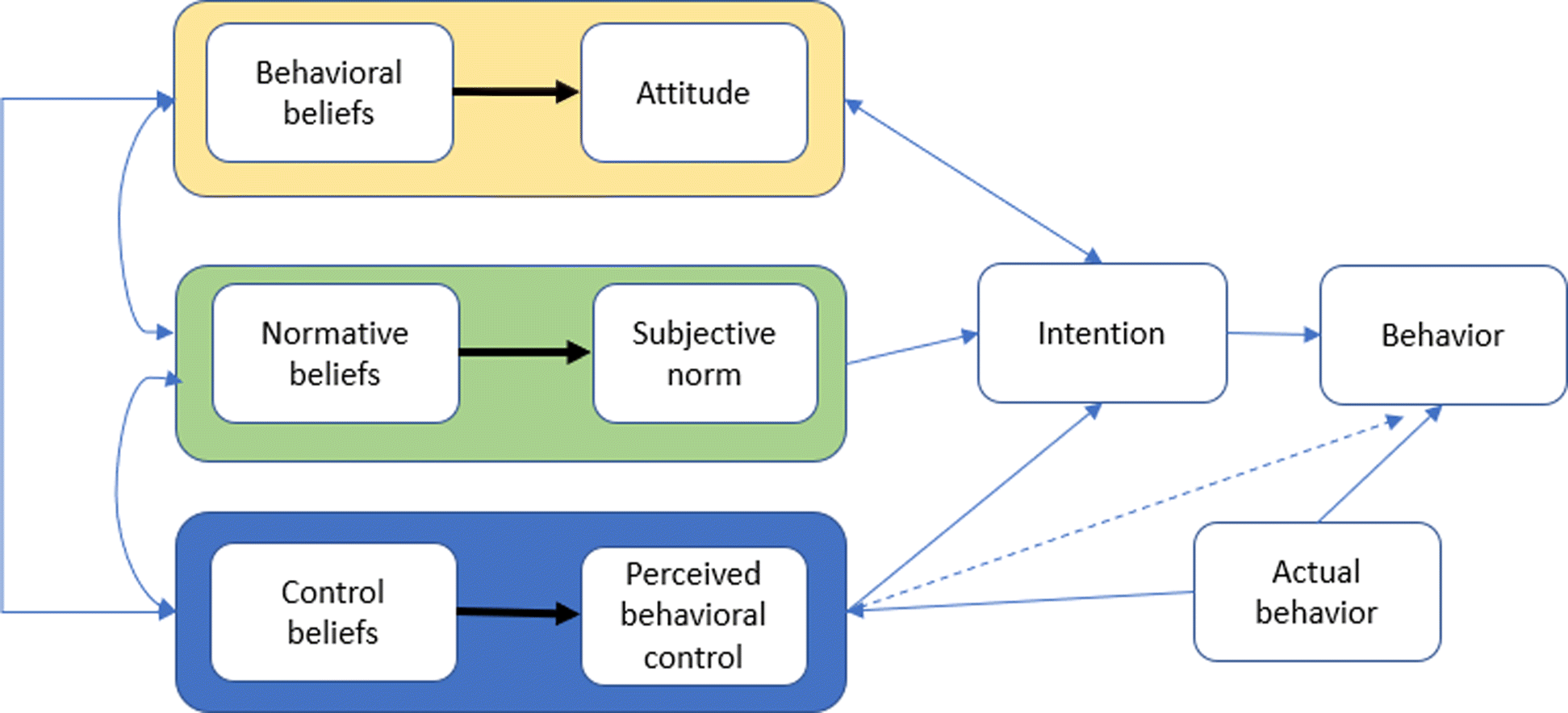
Since the majority of cyber incidents are human enabled, this shift requires expanding research to underexplored areas such as behavioral aspects of cybersecurity. This paper provides a review of relevant theories and principles, and gives insights including an interdisciplinary framework that combines behavioral cybersecurity, human factors, and modeling and simulation.

CyberBitsEtc. is a website and blog by Ganna Pogrebna (Professor of Behavioural Economics and Data Science, Fellow at the Alan Turing Institute) and Boris Taratine (Cyber Security Architect and Visionary) that focuses a lot on the human aspects of cyber security, in particular behavioural design, psychology and behavioural sciences.
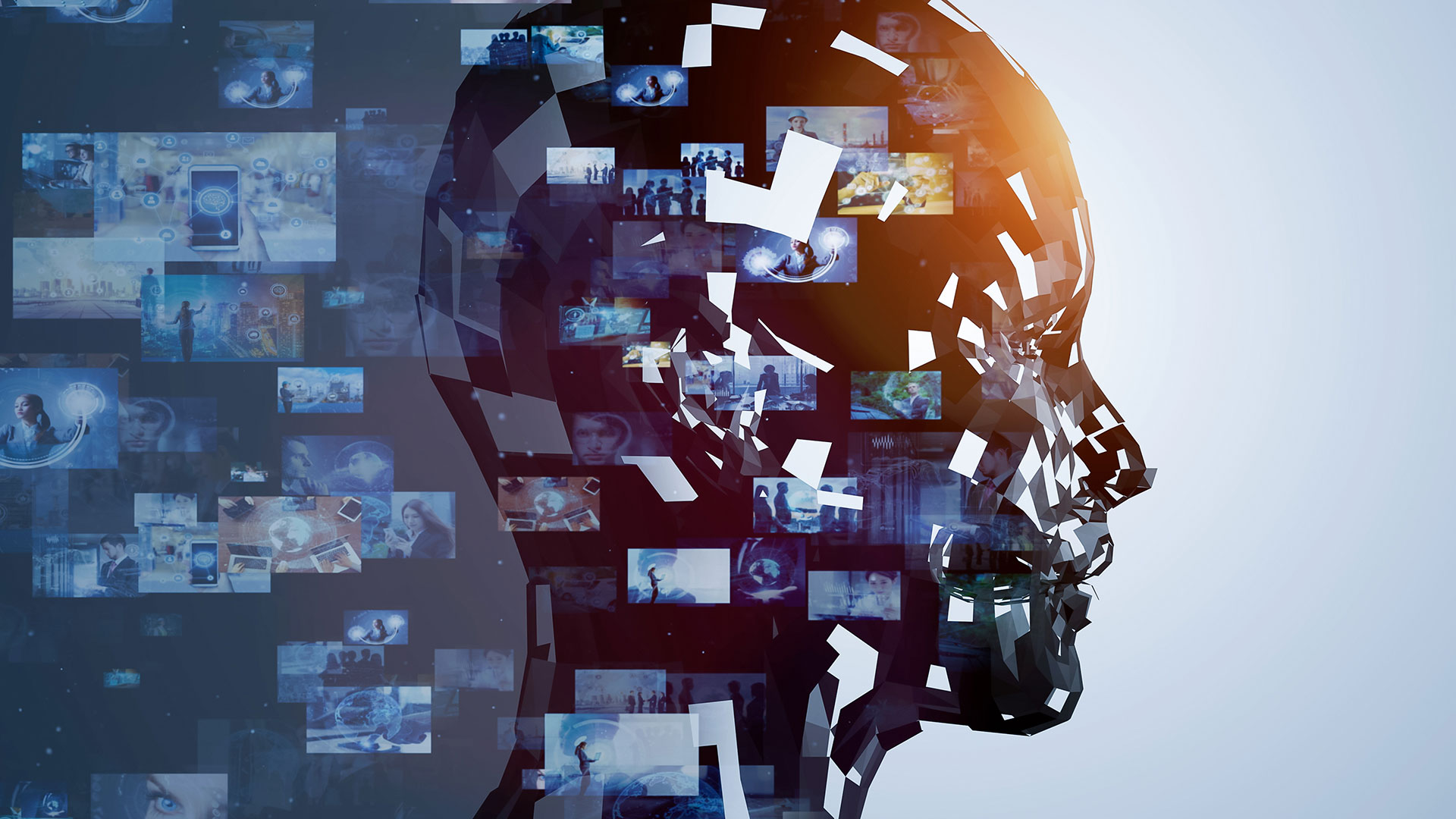
Rather than trying to fix the biases of AI systems and their human error, we need to find ways to coexist with it. Anthropology can help us a lot here.
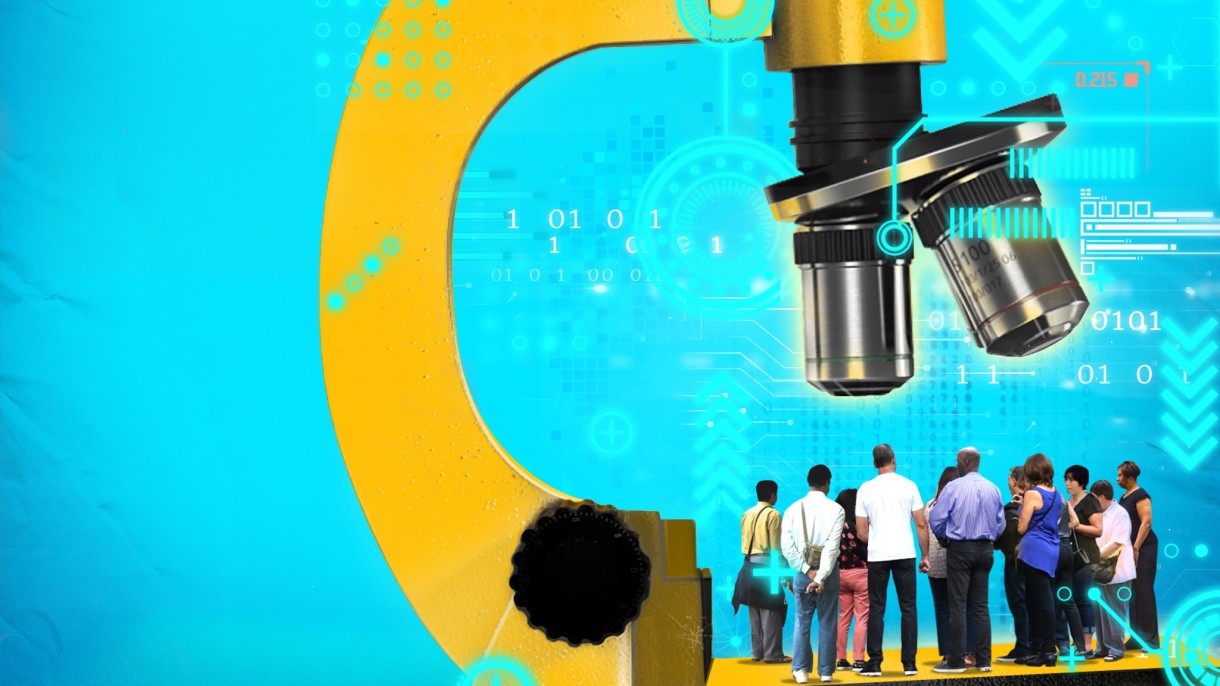
In a world shaped by one AI, artificial intelligence, we need a second AI, too — anthropology intelligence, writes Gillian Tett in the Financial Times.

In a wide-ranging interview with Lauren Jackson of the New York Times, the author of “The Age of Surveillance Capitalism” talks about why people should pay attention to how big tech companies are using their information.
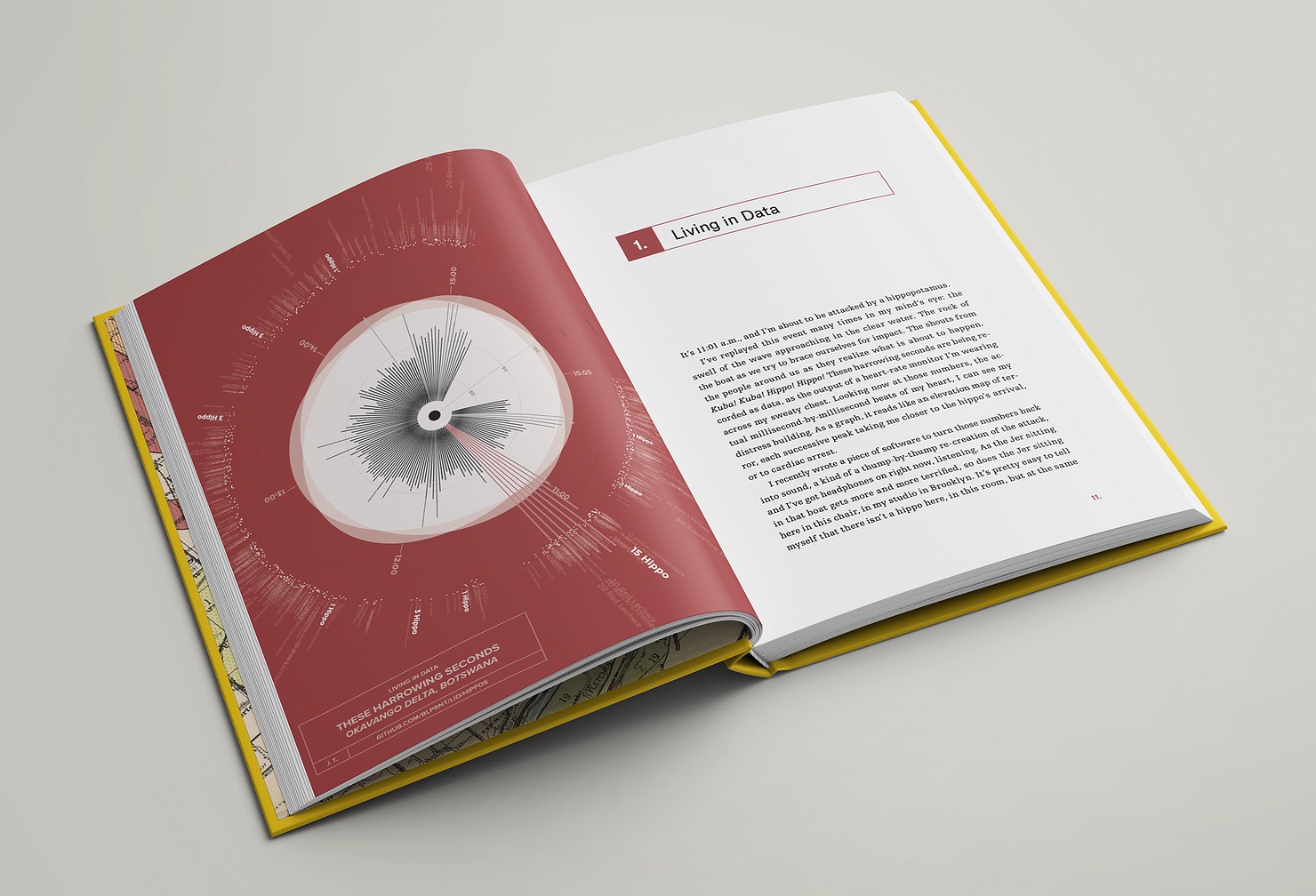
In this provocative book, Jer Thorp brings his work as a data artist to bear on an exploration of our current and future relationship with data, transcending facts and figures to find new, more visceral ways to engage with data.

A book about the life of data and living with data.

Special issue of the Journal of the Royal Anthropological Institute

This special issue collects six articles tackling artificial intelligence (AI) from a social science perspective.

Innovation can only occur in the right environment. While organizations can attempt to hire for innovation, there is little that can blossom in a restrictive and discouraging physical setting - even if the space holds the most creative and vibrant thinkers.
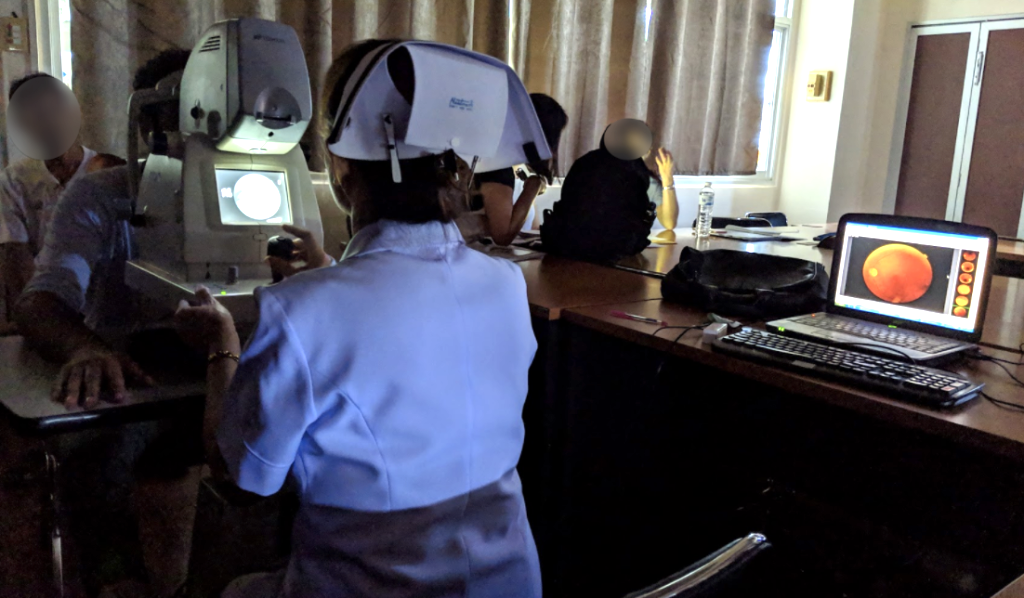
The gulf between the technical brilliance claimed for Google's deep learning model and its real-world application points to a common problem that has hindered the use of AI in medical settings.

The first book to call for the end of the data economy. Carissa Veliz exposes how our personal data is giving too much to big tech and governments, why that matters, and what we can do about it.

It wasn't just technical work but also significant social and emotional labor that turned Sepsis Watch, a Duke University deep-learning model, into a success story.

Fast Company spoke with tech pioneer Jaron Lanier, Microsoft CVP Emma Williams and Stanford professor Jeremy Bailenson.

The Gogle Wellbeing Lab joined up with the company's Pixel team to run an ethnographic study across four countries, examining the relationship people in the United States, Germany, India, and South Korea had with their selfies.

This essay by AI specialist Jessy Lin explores some of the possibilities to rethink how humans and "intelligent" machines interact today.
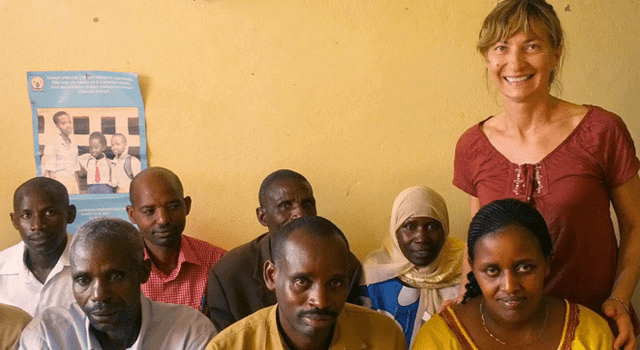
The main lesson is that even a nearly imperceptible deviation from the full inclusion of all relevant parties in every aspect of the project can result in large deviations from the expected outcomes

Drawing on the ideas of the "slow movement", Slow Computing sets out numerous practical and political means to take back control and counter the more pernicious effects of living digital lives.

Sur la base d'une enquête de terrain menée Genève, Los Angeles et Tokyo, cet ouvrage aborde la dimension proprement anthropologique du smartphone.
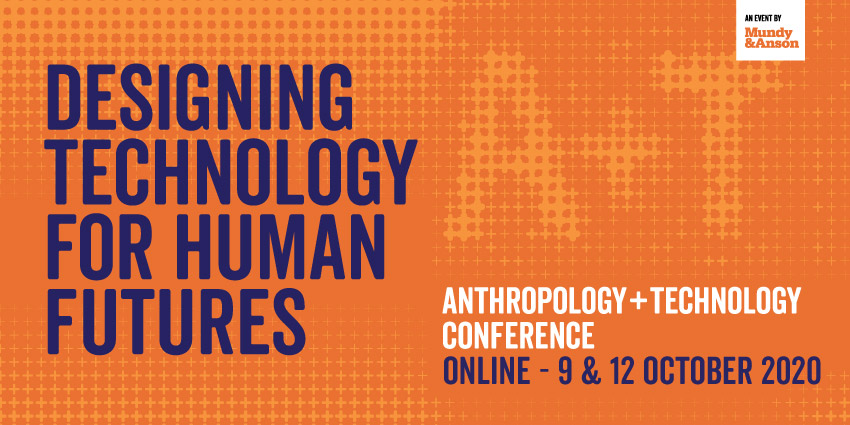
The Anthropology + Technology conference brings together pioneering technologists and social scientists from across the globe. Its aim is to facilitate dialogue on emerging technology projects in order to help businesses benefit from more socially-responsible AI.




















